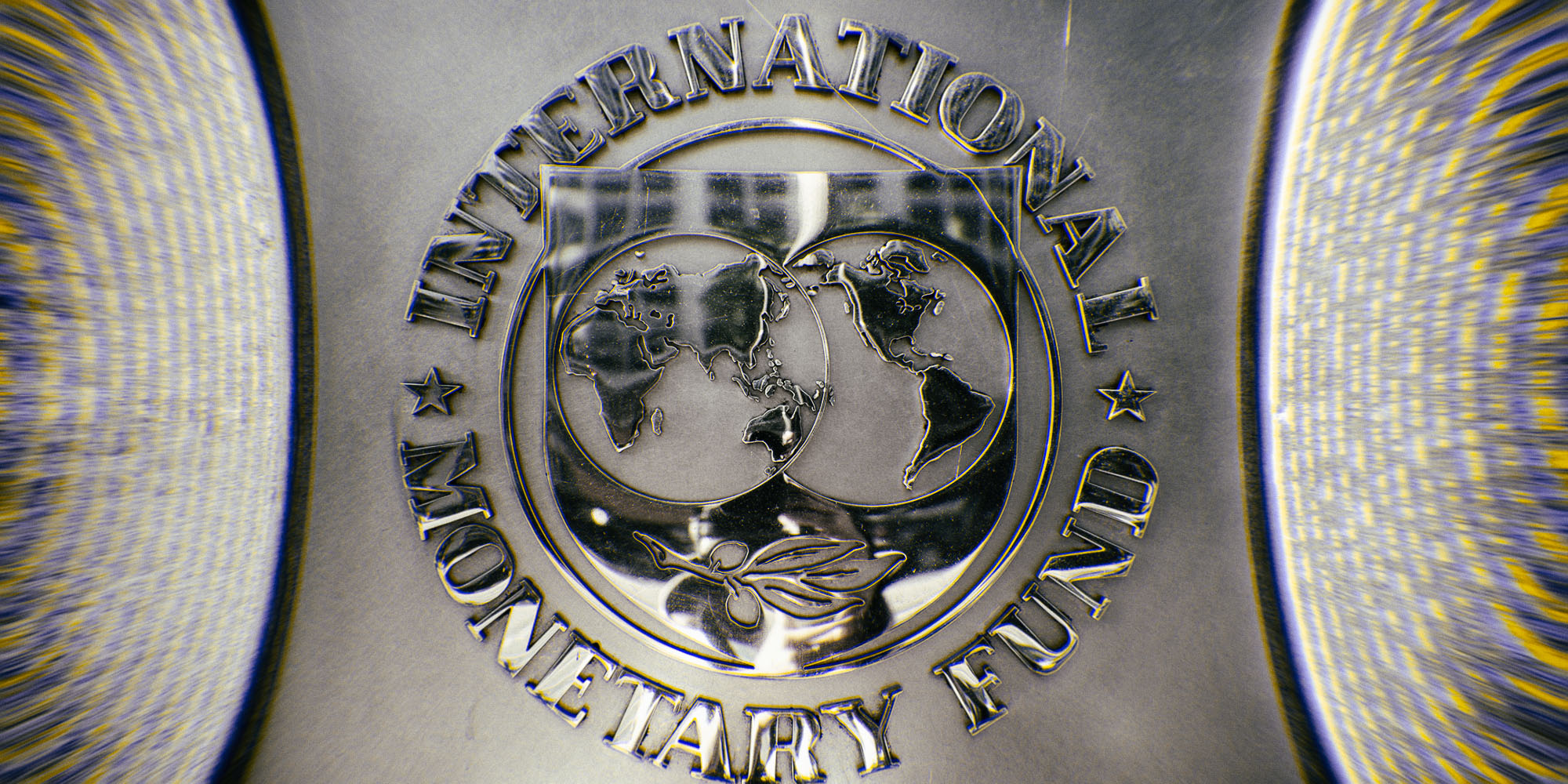An exasperated International Monetary Fund (IMF) has once again stressed the importance of speeding up the implementation of pro-growth and investment structural reforms by the South African government to improve the country’s fiscal trajectory and economic fortunes.
The IMF has warned that the fourth wave of Covid-19 infections, combined with low vaccination rates in SA, could lead to harsh lockdown regulations that could further damage public finances and undermine economic recovery efforts.
IMF head honchos concluded their virtual meetings with the government, organised business and state-owned enterprise officials on 7 December 2021. It was part of their regular observations of SA’s economy and fiscal outlook.
Following the meetings, IMF officials published a statement that could have been cut and pasted from previous ones, repeating their views on the measures required to fix SA’s broken economy and worrying fiscal path.
The IMF officials once again said the government is moving too slowly on implementing structural reforms on energy (embracing renewable energy sources), telecommunications (releasing new radio frequency spectrum), transport (opening ports to private sector investors), reducing red tape for businesses, addressing systemic corruption and paring down the degree of state ownership in SA.
“Structural rigidities are depressing private investment and hindering inclusive growth and job creation. These rigidities need to be tackled immediately to increase the economy’s productivity and competitiveness and reduce poverty and inequality,” the IMF wrote in its statement.
The relentless Covid-19 pandemic and “delays or reversals” in structural reform implementation is stalling SA’s economic recovery, the IMF said, adding that it expects the economy to grow by 4.6% in 2021.
The IMF’s forecast is lower than that of the National Treasury and SA Reserve Bank, which predicted the economy would grow by 5.1% and 5.3% respectively.
The commodities boom around the world saved SA’s economy from further deterioration in 2021, creating a far rosier outlook for the country’s public finances. But there are already signs that commodity prices won’t be sustainable over the medium-to-long term, which will leave SA’s economy exposed and vulnerable.
The IMF acknowledged that the government has started the early work of implementing structural reforms, especially on the energy front. Intensified load shedding in 2021, probably the worst in recent memory, encouraged President Ramaphosa to embrace energy reforms – the threshold for companies to produce their own electricity without a licence has been lifted to 100MW and the fifth window of procuring renewable energy (wind and solar) has opened.
On the issue of ports, Ramaphosa announced two reform measures: he opened ports for increased participation by private sector investors, and established the Transnet National Ports Authority – the owner of ports in the country and a Transnet subsidiary – as a separate and independent company.
Said the IMF: “The announced reforms to attract private sector participation in energy generation and port and railway operations are encouraging, but need to be supported by steadfast action to address Eskom’s and Transnet’s operational and financial problems.
“Importantly, governance weaknesses are a serious problem that continues to jeopardise the operations of both institutions.”
However, the reform measures on energy, ports and telecommunications (release of spectrum) are still stuck in legal and administrative processes and might only yield benefits in years to come.
Once again, basket case state-owned enterprises (SOEs) came under the spotlight. The IMF urged the government to conduct an audit of SOEs (there are about 700 in SA) and whether there is merit in them being owned by the state.
“SOEs that do not meet their objectives or lack economic relevance should be divested or liquidated depending on commercial viability. SOEs carrying out predominantly government business should have their functions merged into a related government department or an agency under the purview of the budget.”
In response, the National Treasury went on the defensive, saying that the country remains committed to implementing structural reforms, as evidenced by early measures taken in the energy and ports industries.
The Treasury said other reform measures are in the offing, including ongoing work to restructure the governance and financial affairs of Eskom, streamlining the application process for water-use licences, improving the e-visa system that will be completed by 2022, and releasing spectrum in the new year. DM/BM
[hearken id="daily-maverick/8881"]
Business Maverick
Exasperated IMF (again) urges South African government to speed up implementation of structural reforms





